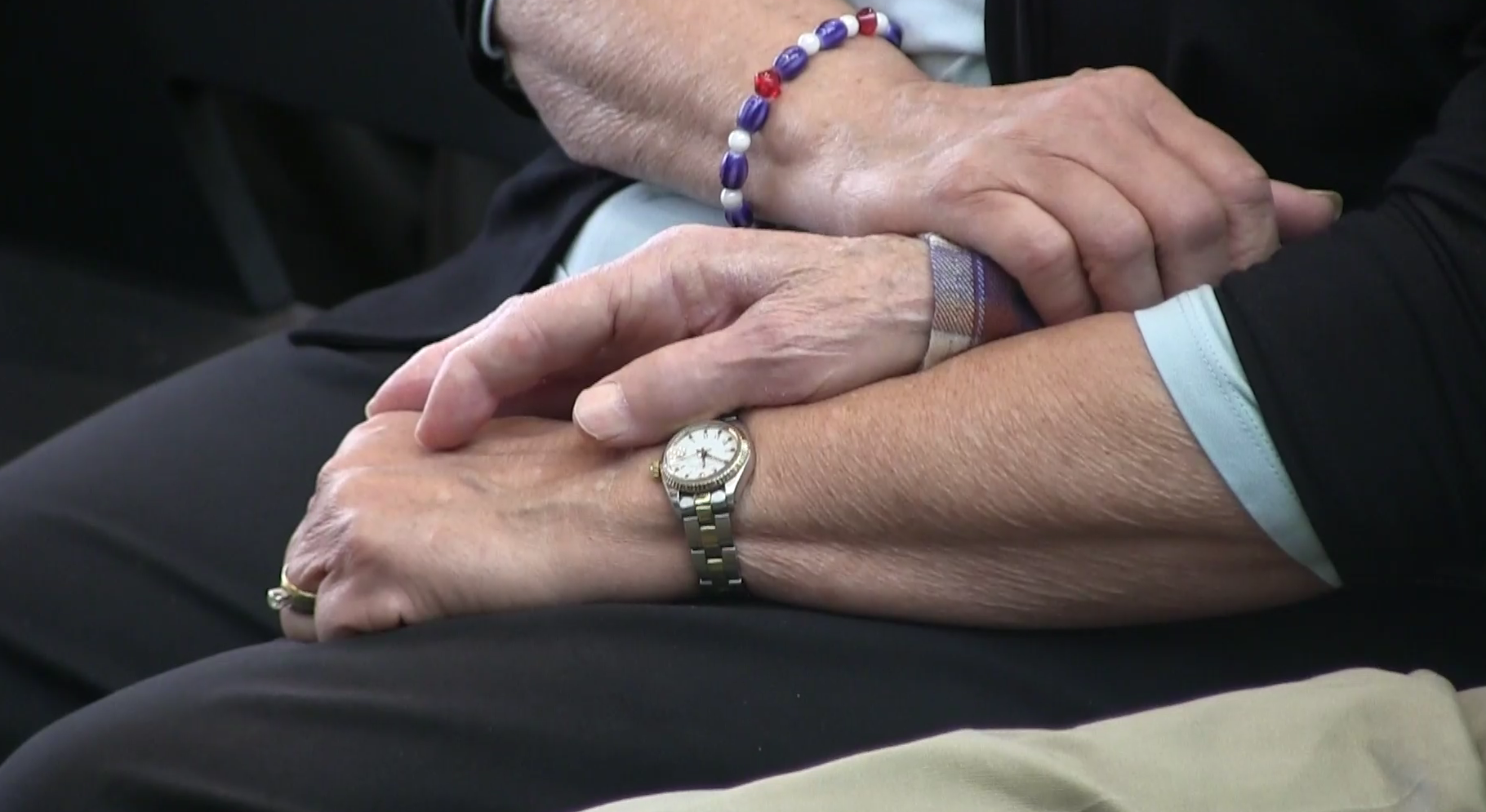The truth about what we value in our lives can be seen by looking at where we put our time, our energy and our creativity. What we say we value may have nothing to do with what we really value. For example, we cannot say that we value our relationship with our spouse and then spend almost no time together. We cannot say that we would give anything for our children and then spend more time on the computer or our smart phones than quality time with them. We cannot say we value the teachings of the Church and then ignore social conditions that leave people homeless.
In the Gospel, Jesus tells a story about a steward who was about to lose his job because he had squandered his master’s property (Luke 16:1-13). Wanting to make sure he had friends who would help him after he was let go, the steward told people who owed his master money they only had to pay half of it back. He did this without the authorization of his master. When the master found out what the steward had done, he did not fire him after all. Instead he praised him for being clever in trying to salvage his job and for making sure he would survive if he found himself jobless.
The steward valued his job and his well-being so he was smart in making sure that he did not lose them. Through the story, Jesus is not praising dishonesty or deviousness. He is affirming the importance of consistency when it comes to what we say we value and what we actually do to care for and nourish what we say is important to us. The story challenges us to think about how smart and creative we are being in caring for and protecting what we value, like our families, our friendships, our spiritual lives, our health, the dignity of other human beings.
We cannot wish care for what we value into existence. Like the clever steward, it is only our consistent efforts to match our declarations about what we value with our smart actions that will keep what we value from being lost. Now is the time to get smart.
Together in faith,
Fr. Christopher Smith
